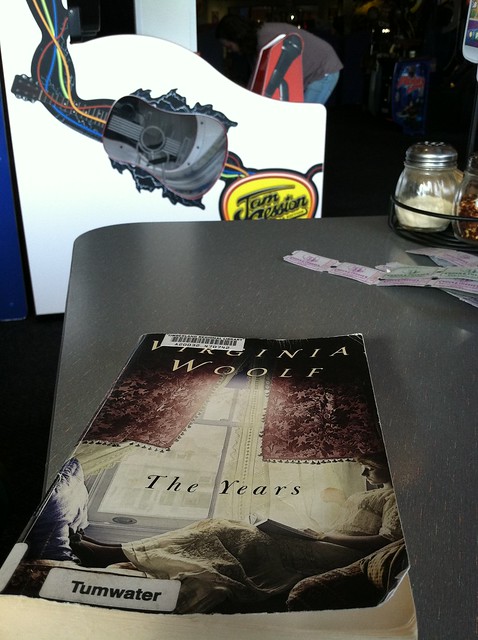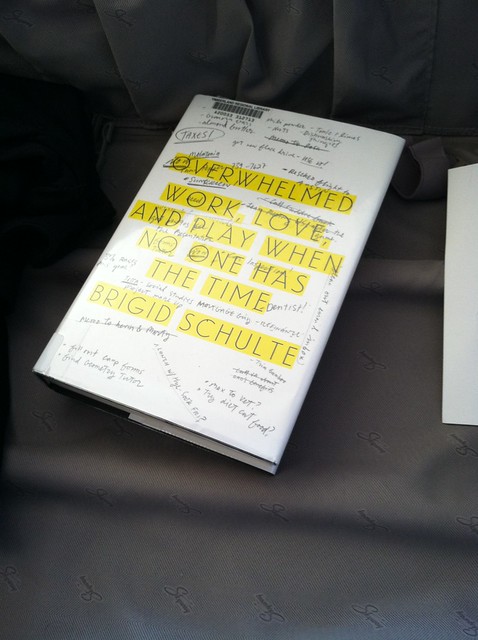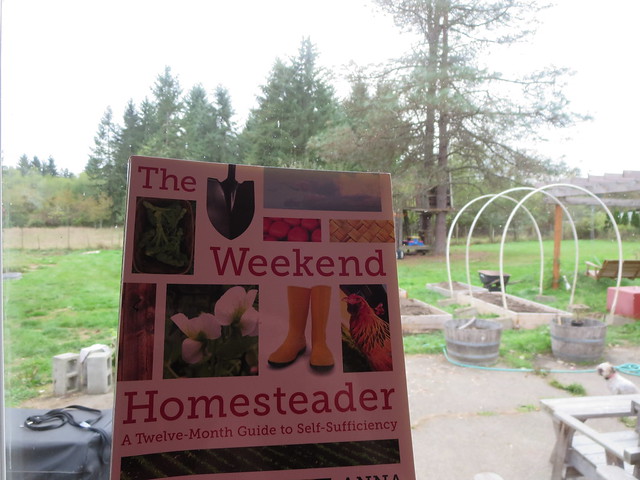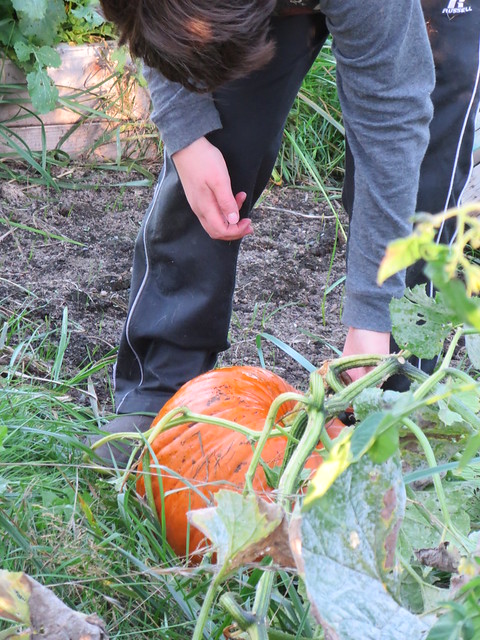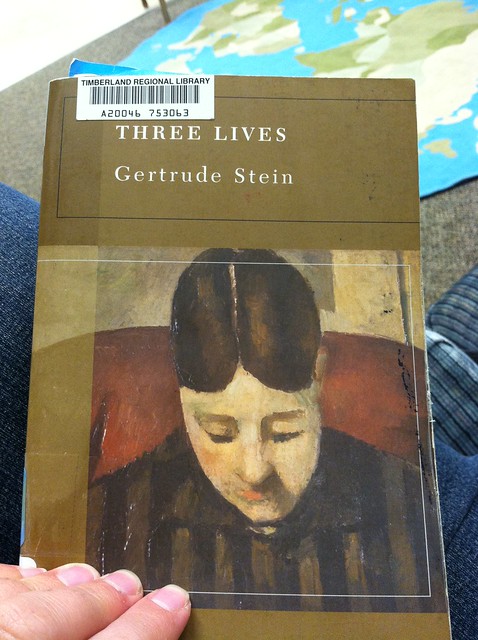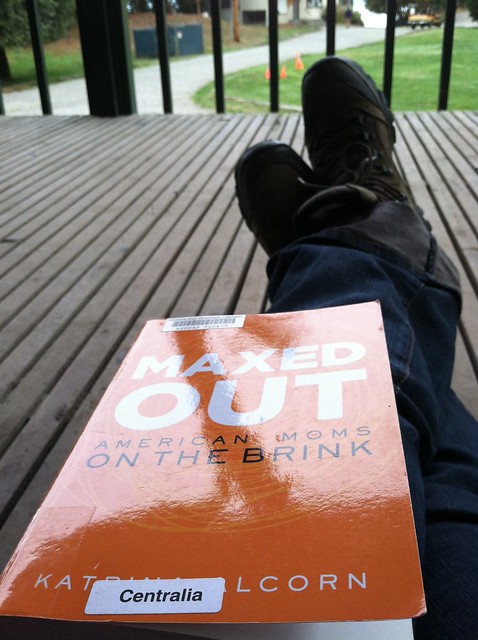A few posts ago I lamented that things had become rough around here: kids fighting more with each other, kids complaining and being rude to parents, parents rushed and cranky and yelling at kids, and general deteriorating conditions all around.
At this point, as a veteran of many such episodes throughout my life as a parent, I know what these symptoms point toward. We get like this with each other when the routine that shapes our lives is no longer working, and when no one is getting their needs met well enough to feel resilient to the little irritations that are an inevitable part of life. When my children were very little it was easy - if we started to all feel cranky with each other it meant I needed to take them outside to a playground and run and play until they were exhausted, then bring them home and take advantage of their rest time to read a book or put my own feet up (or get some work done, but no matter what, it was Fill Their Tank, then Use that Time for myself).
Now that they are older it's not as simple as outdoor play until they drop. They want different things now, like for us to play video games with them, listen to a story idea that they thought of as they lay in bed this morning, or help them sew a costume for their medieval role play game that they have made up with their sibling. That's the kind of involved quality time they want from me. But they also want space and autonomy now!
They want long stretches of uninterrupted time on the computer, or alone in their rooms with an audio book and their lego collection, or out in the woods pretending to stalk deer. And they want to have a lot of choice about what they are learning and how and when.
The other part of the puzzle here was that I took a sabbatical from work this year, and during that time our expectations of what would get done in a normal "school" day (many of which are also "work days" for me when I am NOT on sabbatical) ballooned into a much larger thing. Now that I'm back at work, the expectations for homeschooling time still stayed high - and it's been too much for me to really keep up with so I always feel rushed and harried and like I'm failing at Doing It All, Well.
So, clearly time for a change!
We have scrapped our old routine, and are instead doing:
1. Morning Basket
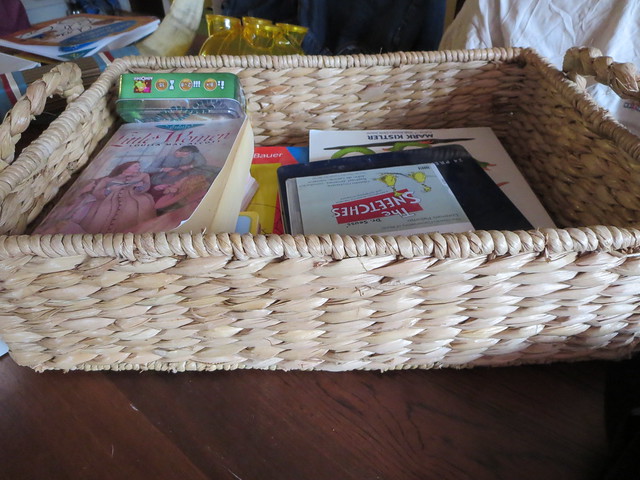
This is one of Charlotte Mason's ideas. In our interpretation, it is a basket that I fill with different things each week, such as: literature to read out loud, poetry to read out loud, flashcards, sketch books and drawing exercises, educational board games, music to listen to, art books to do picture study with, etc. These are all the lovely things that sometimes end up feeling like "extras" when we are too invested in "getting curriculum done", and they are also the sort of things that we would want to do together. We sit down with our basket at the table and spend just about 45 minutes with the contents, give or take depending on the day. We do it first thing after morning chores and breakfast, so we are all fresh and don't feel too rushed yet.
2. Daily Files
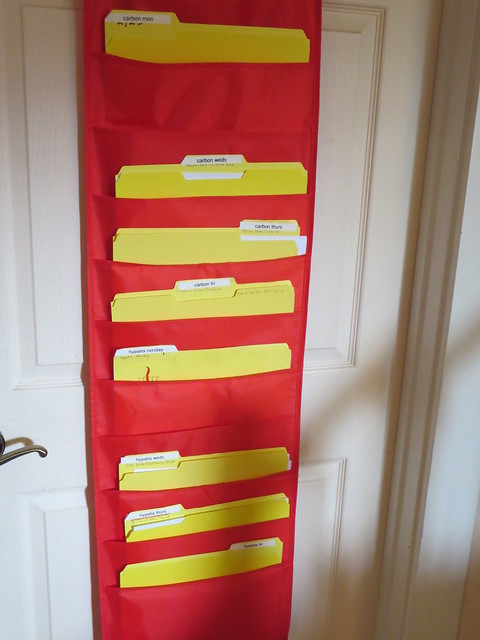
We had been using an assignment chart that showed all of the months assignments, but a few things were happening: they wouldn't check off something they had done, they would check off something they hadn't done, we would fall really far behind and I would feel the pressure to make them catch up, they would look at it and feel overwhelmed and not sure where to start and freak out.
The daily files are a nice solution to those problems: there is a file for each kid for Monday-Friday and I've torn out the pages from the math books, etc. and put them in for each day. I also write out a short checklist of things that need to be done that don't fit in a file (music practice, language CD's, stuff like that). When the work is finished it is handed to me to quickly assess and then either recycle it or 3 hole punch it and add it to the growing portfolio of finished work.
They have a very simplified view of their work: what is in today's file? So far they are cruising through this work on their own without it being a time burden to anyone.
3. Unit Studies
Instead of plowing through curriculum for science and history, we are going to do monthly unit studies for each of them, on topics of their choosing. They will work with me to choose a topic, I will get a bunch of resources from the library for them, then they will work for about an hour a day for 3 weeks on studying the topic how they wish. Week 4 will be Presentation Week, with a written report and one or two other projects being completed and presented by Friday of that week. This autonomy and interest-based work makes them much happier, which of course makes us all much happier. (Their topic choices for November? He chose "written languages around the world" and she chose "Norse Mythology").
After only one week of the change, so far we are really happy about it! Sometimes you just need a Change.
